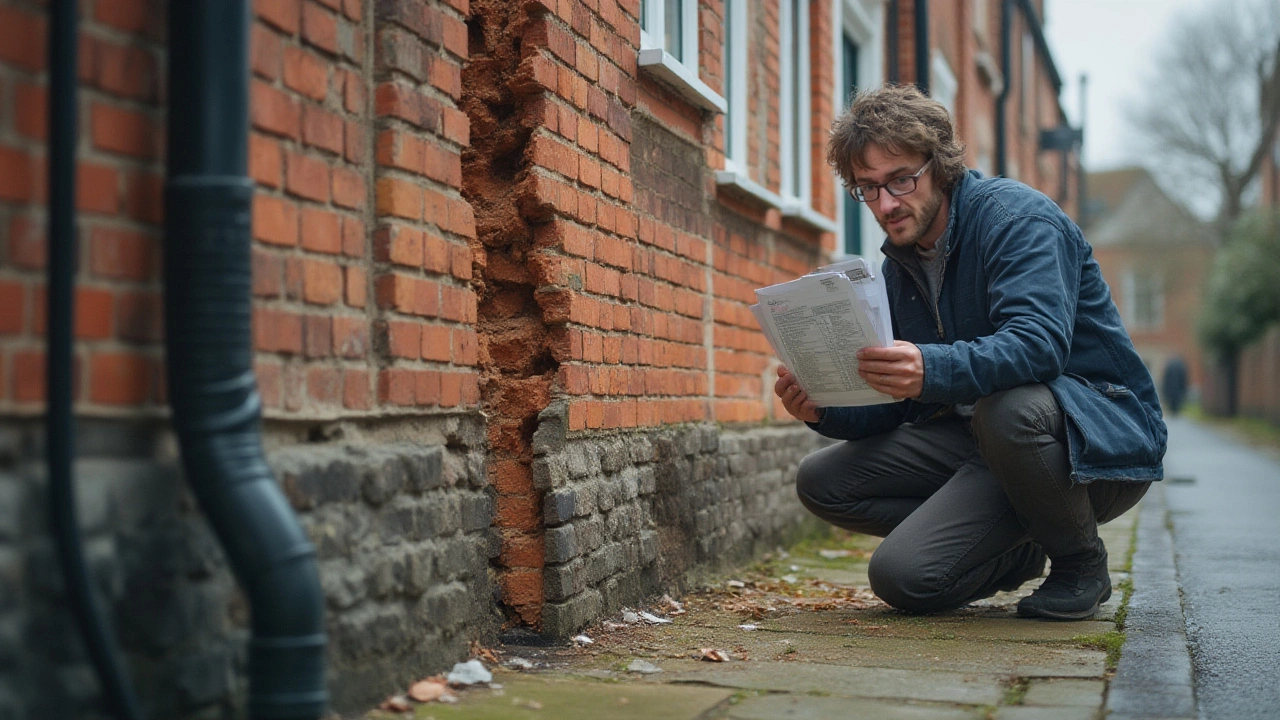Home Foundation: What Every Homeowner Needs to Know
When your house looks solid, it’s easy to forget what’s holding it up. The foundation is the hidden backbone that keeps everything level and safe. If you see cracks, sagging floors, or doors that stick, those are signs the foundation might be talking to you. Ignoring them can turn a small fix into a big, pricey problem.
Spotting Common Foundation Problems
First, walk around the outside of your home. Look for horizontal cracks in the brickwork, gaps between the roof and walls, or soil that looks unusually wet. Inside, check for uneven floorboards, cracks that widen over time, or windows that won’t close properly. These clues are usually cheap to spot but can save you a lot of money later.
One of the most common issues is hairline cracks in the concrete slab. They’re often harmless, especially if they’re less than a millimetre wide and don’t grow. However, if the cracks start to spread or you see water seeping in, that’s a red flag. Water is the enemy of concrete – it can weaken the mix and cause the slab to shift.
When to Call a Professional
Not every crack needs a structural engineer, but you should know when to bring one in. If you notice cracks wider than 5mm, doors that suddenly won’t stay shut, or large gaps at the corners of walls, call a pro right away. A qualified foundation specialist can run a moisture test, level the floor, and recommend the right repair method.
For most homeowners, the big question is whether repair is worth it. In many cases, fixing a foundation extends the life of your house and protects its value. Simple solutions like epoxy injection for small cracks can be cheap and effective. Bigger problems may need piers or slab jacking, which cost more but prevent future settlement.
Don’t forget to think about prevention. Good drainage away from the house, proper gutter maintenance, and keeping trees at a safe distance can all reduce the stress on your foundation. A wet basement is often a sign that water isn’t draining properly, which can lead to long‑term damage.
Lastly, keep a record of any foundation work you do. Photos, dates, and contractor details help if you ever sell the house. Buyers appreciate transparency, and it can even boost your property’s marketability.
Understanding your home’s foundation doesn’t require an engineering degree – just a bit of curiosity and the willingness to act when something looks off. Use these tips, stay observant, and you’ll keep your house standing strong for years to come.



